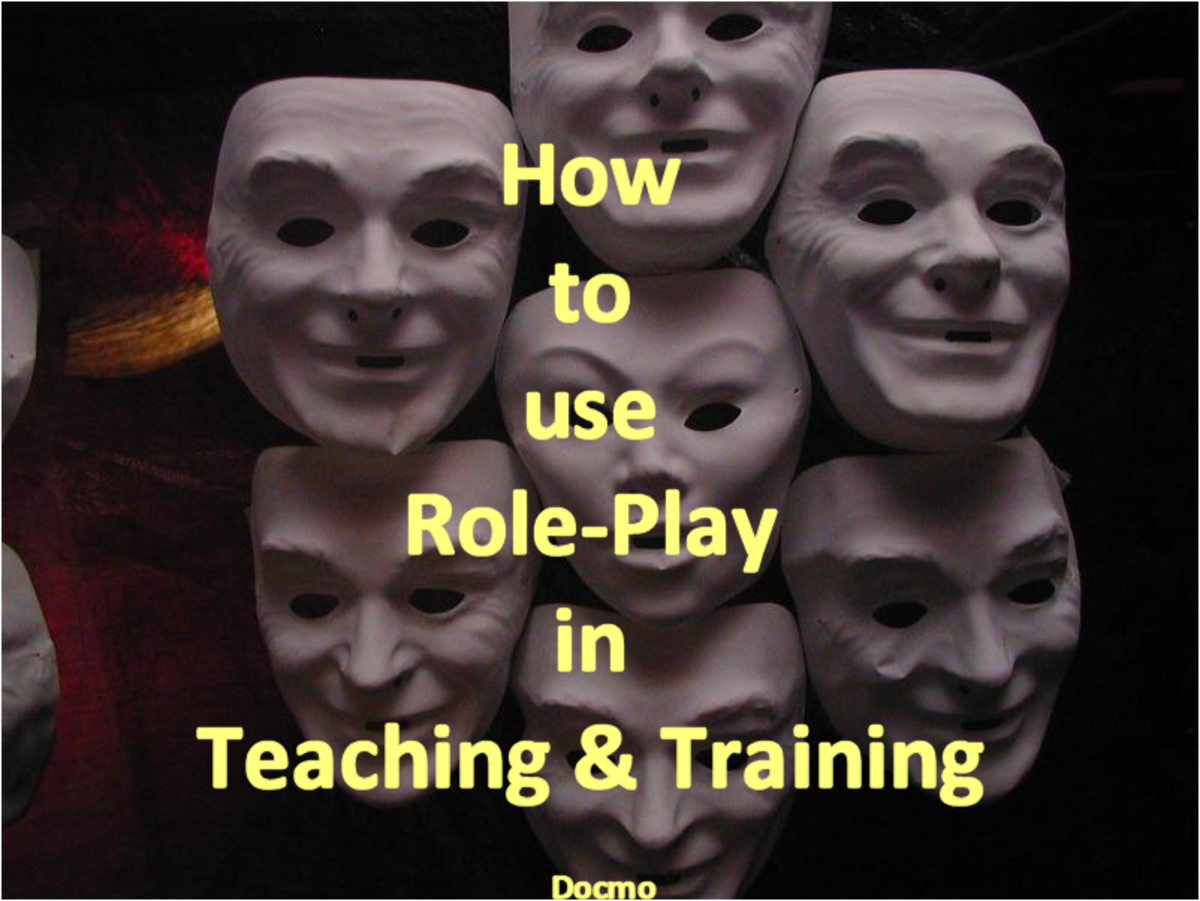Teaching Wisdom To Our Students

With wisdom things can be done in both effective and easiest ways. No expression is justifiable to ascribe to this invaluable quality but to say it’s a highest form of intellectual exercise. Teaching wisdom by its definition may vary as it is directly related to the perception and intellect of a person. If we intend to teach to adults, it would be quite different from empowering children with it.
Since wisdom has a very wide connotation and delves with almost every aspect of life, therefore we need to bifurcate it to suit to the field of education, in particular students and teachers. Here are some pragmatic ways of inculcating an exceptional quality, wisdom:
Realization
One of the basic objectives of education is to let the students know their strengths and weaknesses. It’s all about facilitating them to know their inner self to the best of their understanding. This is the process what we term as realization. But how to materialize is a big question. Realization is not something to achieve through one short exercise or ask the students to demonstrate it within a stipulated time. It’s about letting the student perform their day to day work with precise accuracy and interest and appreciate the knowledge acquired.
Teach them discipline, let them come in time to the school and class, complete their work in time, listen to your teaching with rapt attention, understand that they can have a clear idea about the lessons. Everything understood true to its spirit, add charm to the process of realization.
Test: Give a paper and ask your student to write just one line about what he / she learnt today?
Experience
Let everything performed in an organized or unorganized manner add to student’s experience. No matter how they perform and what highest level they achieve, let it be an addition to their experience. What the reality is, a student performs well only if a treasure of rich experience forms the benchmark of his studies and hard work. Ask them as to what they have gained from understanding a theorem or a concept and solving a problem? What experience they get after a failed attempt to materialize things must be anticipated. They should understand that even failed attempts if humble, are far better than loads of good performances clubbed with overconfidence. Your keen interest and observation is bound to create inquisitive minds and understanding hearts.
Test: When a student fails in his attempt to write an answer, just let him know what actually he has gained? And write the same in his note book.
Knowledge
By knowledge we mean an amalgamation of realization and experience. The resultant treasure of information, ideas, awareness, understanding and intelligence is knowledge. It is not that easy to make students knowledgeable in true sense, the requisites are quite high. A teacher needs to be vigilant over student’s attitude and performance. Every day and every class provides you with an indicator to judge as to how far the students have acquired knowledge. Just one thing could help you understand their attitude, that is when a student is confident over reproducing the acquired knowledge in his own words rather than simply relying on memory to present things as they appear in the text.
Test: Ask the students to reproduce the lesson taught or concept explained in their own words.
Expression of Thoughts
Expression is the reflection of what lies within. If a student has understood a concept, he is sure to possess an ability to get it expressed through words and actions. But in most of the cases, student finds it difficult, in particular if they are in primary classes. An intelligent move of a teacher can work wonder if different means adopted to help student express the way they understood. Let them be unorganized first. Let them be random in thoughts and expressions. Allow them to make mistakes and put their heart out. What needed is their bold and frank initiative to express themselves.
Test: Give an idea to your student and ask him to explain in few lines. For ex: How to ensure punctuality among students.
Judgement
The initiative of a student to respond to a query through oral or written form purely depends on his judgmental quality. Unless he judges as to what is right and wrong, he would never go for expressing what actually he has in his mind. It is your great responsibility to help students judge things. The judgmental attitude sometimes makes students go in a hurry to express their thoughts; here you need to be careful. Make students cautious enough, their judgment quality should restrict to the framework of syllabus. They shouldn’t be judgmental, always, as far their relationship with friends and others is concerned.
Test: Multiple choice questions, with two or more answers, is an apt example to know how far the students are true to their judgement. Give one such question and see the result.
Punctuality
Student’s punctuality is directly related to their sensible approach towards things to be done. No matter, whether they are in or off the school, every task they accomplish reflects their sensibility. To make students disciplined you need to make them sensible towards their potentials. Teach them and advice in a way that they feel themselves responsible and accountable. Sensible approach need to be developed for everything related to the students; study, food, preparation, leisure time, interaction, sports, friendship, in house activities etc. In fact these are the parameters to measure the magnitude of their sensibility. These measuring parameters also provide opportunities for the demonstration of discipline and simultaneously cultivate required traits.
Test: Give them a list of ‘things to be done’ in a day, see how they execute the plan. Everything accomplished reflect the degree of their sensible approach.
Wise Thinking
Contemplation involves both mind and heart to understand or carry out a series of activities to arrive at a conclusion. By looking at sun, a student may delve with the details pertaining to its movement, rotation and its distance from different planets. You can say the act of contemplation was the main reason behind knowing the details about celestial object. If one succeeds in inviting student to ponder over their subjects and the things around, they are sure to have a growth mind set. If the same contemplating approach is ensured for their day to day activities, a weird thinking about a subject or lesson will get replaced by fair understanding.
Test: Give a small assignment, take any issue related to students and ask them to come out with a suitable solution, ex; dealing with introvert student, healthy teacher-student relationship, etc.
Soundness of Actions
This is one of the most influential aspects as far practical aspect of wisdom is concerned. The witty attitude, a sharp reaction to an order, constant working over the knowledge acquired, helping other students, making the class environment suitable to their effective studies, all these matters require a timely initiative. The crux of wisdom is that the one who cultivates it never sit idle, soundness of actions become epitome of his persona.
Test: Ask the students to make a chart of a day’s activities. Have a close look and see in which patterns of the day students are more active and when they are less efficient.
Words of Wisdom For Teachers
Let us take a quick recap, as a teacher you need to focus on the following to make wisdom a part of your student’s persona :
- Make them understand what wisdom is?
- Ensure timely correction of their attitudes.
- Advice with words of wisdom during teaching a lesson.
- In view of individual behavior, admonish with appropriate words.
- Help them understand what wisdom is through formation of a group.
- Let the results obtained help them know their strengths and weaknesses.
- Try to connect them to the society and let them contribute with their budding initiatives.
- Make their in house activities a part of class room studies.
- Teach them the dynamics of good friendship.
- Help them dream for a bright future and set a lofty vision.
- Equip them with the ways of retaining wisdom.
© Muhammad Abdullah Javed (m Abdullah javed) – Oct 2016








